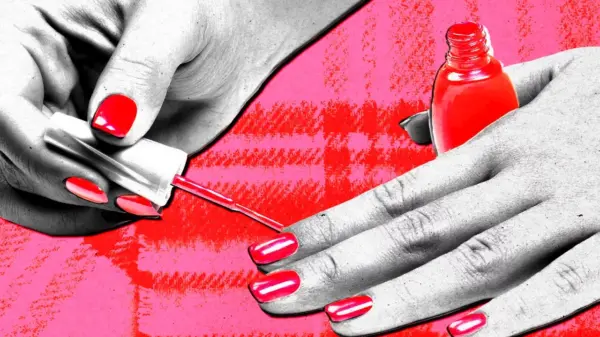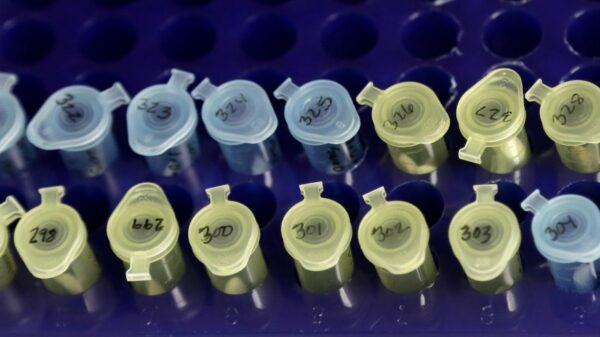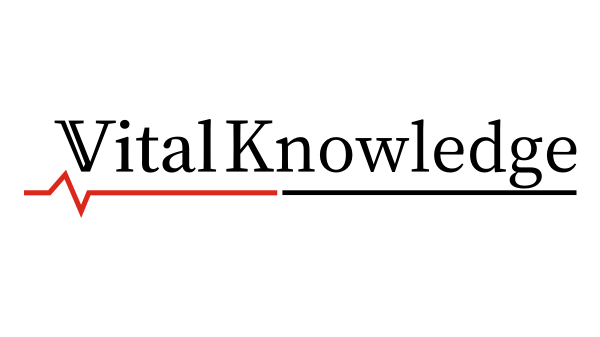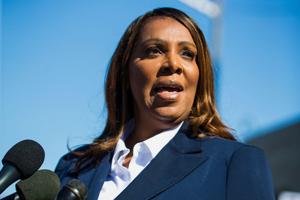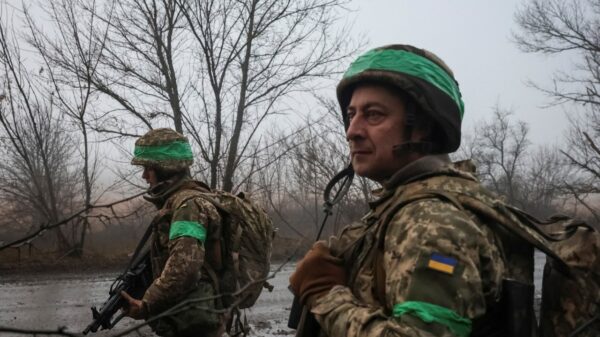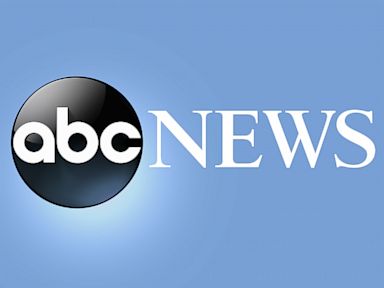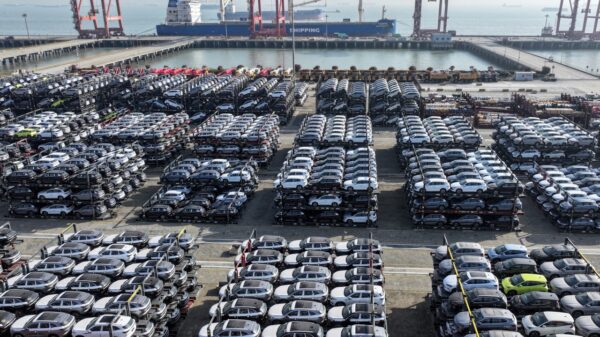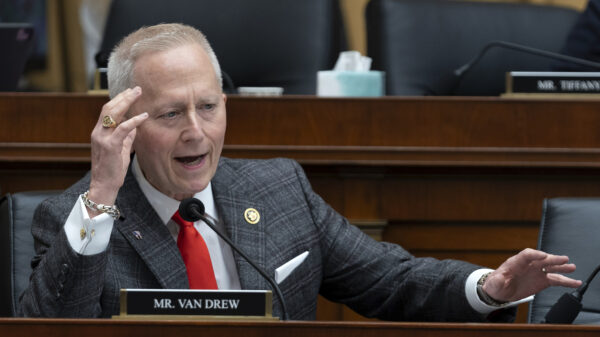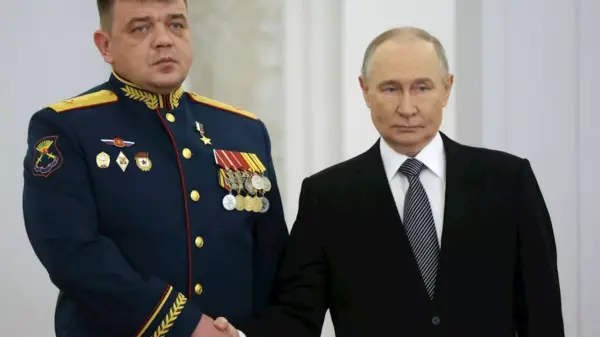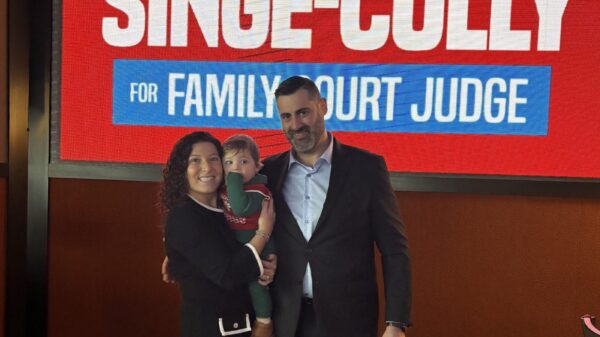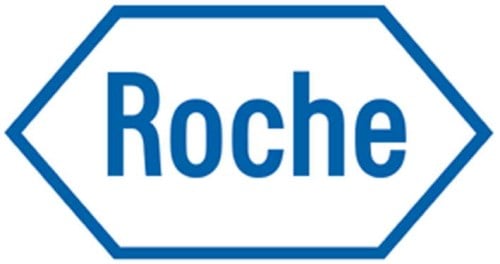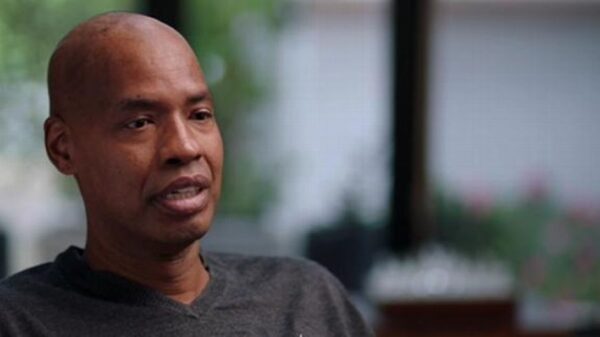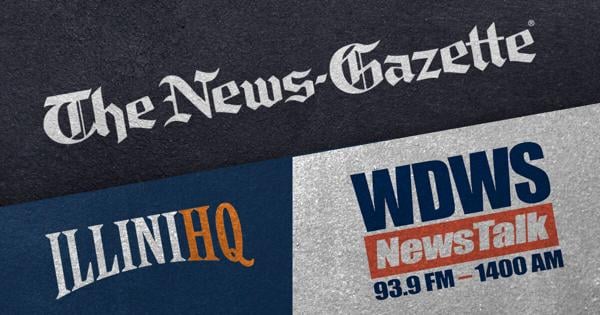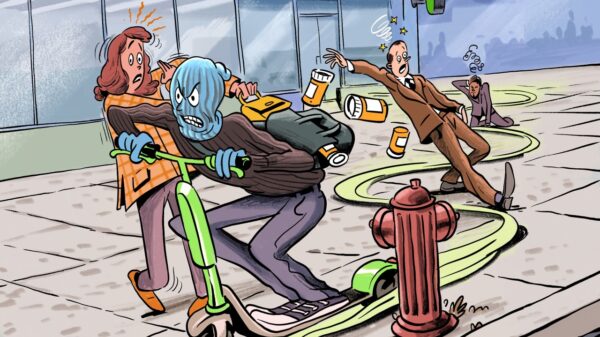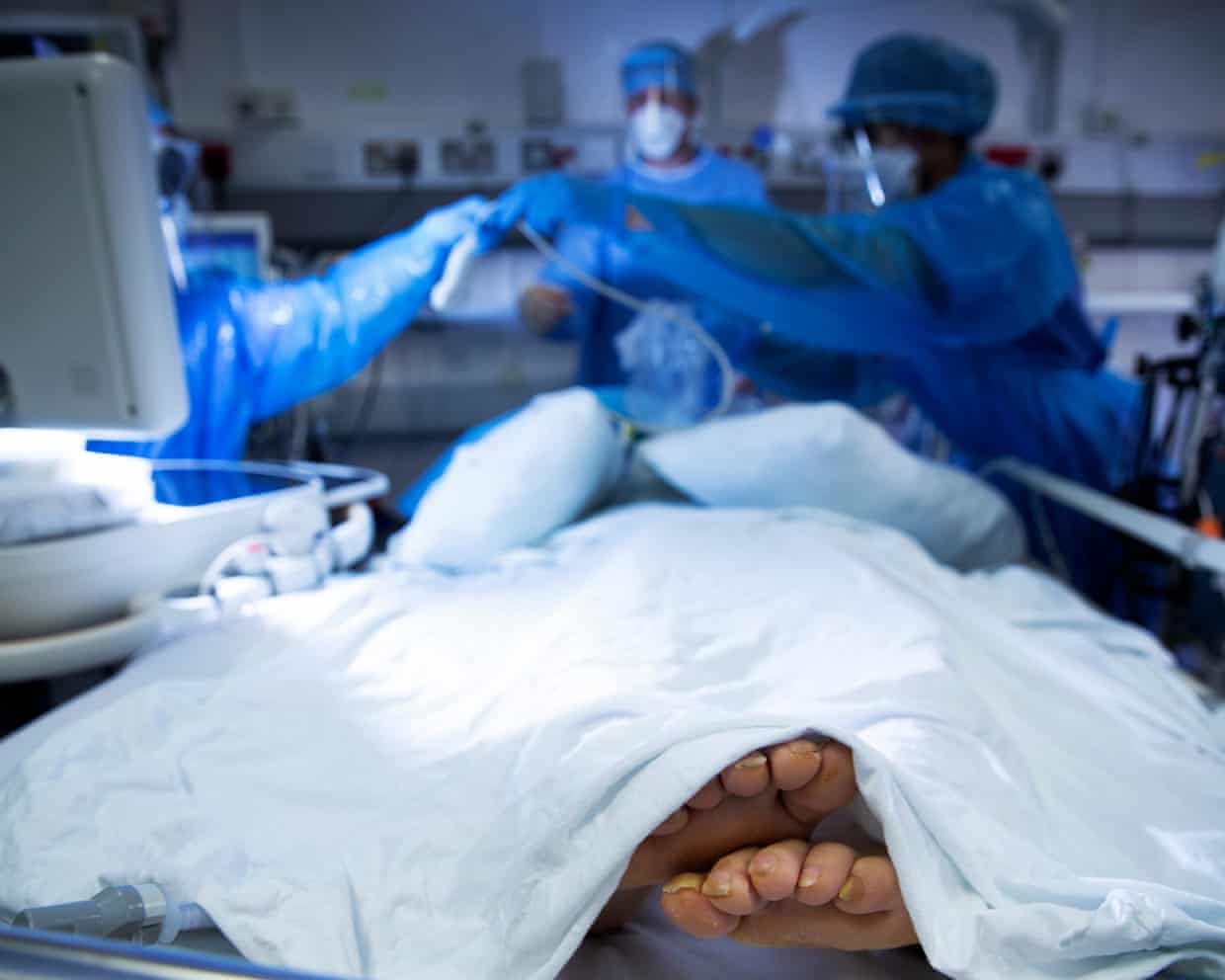The ongoing legal trial regarding the procurement of personal protective equipment (PPE) during the Covid pandemic has revealed significant issues related to the Conservative government’s handling of contracts. The case centers on the Department of Health and Social Care’s (DHSC) claim against PPE Medpro, a company owned by businessman Doug Barrowman, which received £122 million from the government for sterile surgical gowns that were ultimately rejected for not meeting safety standards.
In June, Paul Stanley KC, representing the government, emphasized that the trial would focus on the quality of the gowns rather than the involvement of Michelle Mone, a Conservative peer linked to the contracts. Mone has been criticized for her role in securing these lucrative deals for her husband’s company, despite public denials of her involvement. The gowns, delivered under a second contract in September 2020, were immediately deemed non-compliant with safety regulations and were never used by the National Health Service (NHS).
During the trial, details emerged about how Mone pressured civil servants to award the contract to PPE Medpro. While the court is not deliberating the ethical implications of her actions, the revelations have drawn significant public interest regarding the procurement process during a national emergency. The so-called “VIP lane,” established to expedite the procurement of PPE, treated offers from politically connected individuals with higher credibility than those from experienced suppliers.
Evidence presented in court indicated that Richard James, a civil servant, noted Mone’s persistent involvement in advocating for the contract. Despite the urgency to secure PPE, Stanley indicated that the focus would remain on whether the gowns met the required standards. The contract was signed on June 26, 2020, with the government paying £4.88 per gown, totaling £122 million. However, investigations later revealed that the actual cost to manufacture the gowns was only £46 million, indicating a significant profit margin for PPE Medpro.
The trial has also highlighted the technical shortcomings of the gowns. According to Stanley, the gowns shipped from China lacked proper certification. They bore a CE mark but did not have the required notified body number, meaning that their sterility could not be verified. Without this certification, the gowns were considered non-compliant with UK laws governing PPE safety.
In December 2020, the MHRA conducted inspections that confirmed the gowns did not meet the necessary standards for release to the NHS. Following these findings, the DHSC issued a formal rejection notice to PPE Medpro, stating that the gowns were “non-compliant with the PPE laws.” Subsequent tests revealed a high proportion of the gowns were not sterile, further complicating the company’s defense in the trial.
PPE Medpro’s legal representative, Charles Samek KC, argued that the company had not promised to supply gowns certified with a CE mark and that it was the responsibility of the DHSC to ensure compliance. He contended that the gowns were manufactured by reputable companies in China and were therefore acceptable under the agreed terms.
As the trial progresses, the implications of these revelations extend beyond the courtroom. The national outcry regarding the contracts has prompted scrutiny of the Conservative government’s procurement strategies during the pandemic. In fact, Rishi Sunak‘s government only initiated legal action to reclaim the funds following significant public and parliamentary pressure, particularly after investigative reports surfaced.
Throughout the trial, Mone has not appeared in court, although Barrowman has attended regularly. Interestingly, the trial has not called for testimonies from either Mone or other key individuals associated with PPE Medpro. Instead, the focus has remained on the procurement process and the decisions made by civil servants under pressure for swift action.
The fallout from this case continues to develop, with the National Crime Agency investigating whether Mone and Barrowman committed any criminal offenses during the procurement of the contracts. Mone, who once boasted about her lifestyle on social media, has faced increasing scrutiny regarding her past denials of involvement in PPE Medpro.
As the trial unfolds, it offers a glimpse into the complexities of government procurement during a crisis and the accountability of those in positions of influence. The outcome will likely have lasting implications for both the individuals involved and the broader context of public health policy in the UK.

